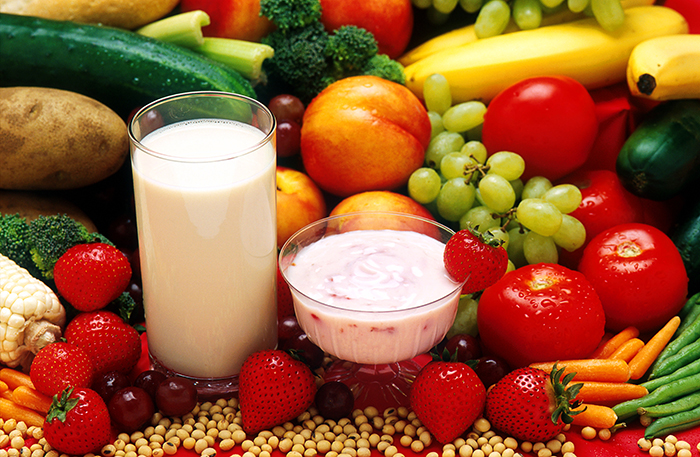If you’re a vegetarian, you better hope your kids are vegetarians too, because if not your plant-based diet puts them at greater risk of heart disease and cancer.
Featured Image VIA
New research compared an Indian group of meat-eaters (who had come from a long line of vegetarians) to a group of meat-eating Americans from Kansas. They used data from the 1000 Genomes Project to find evidence that the vegetarian diet over many generations may have driven higher frequency of mutation in the Indian population.
For those who want the details:
The mutation (called rs66698963 and found in the FADS2 gene) is an insertion or deletion of a sequence of DNA that regulates the expression of two genes, FADS1 and FADS2.
These two genes are key to making long chain polyunsaturated fats.
Among the long chain fats, arachidonic acid is a key target of the pharmaceutical industry because it is a central culprit for those at risk for heart disease, colon cancer and many other inflammation-related conditions.
Treating individuals according to whether they carry zero, one or two copies of the insertion could be an important consideration for precision medicine and nutrition.
The insertion mutation may be favoured in populations eating mainly vegetarian diets and possibly populations that don’t have diets rich in polyunsaturated fats, such as fatty fish.
Interestingly, the deletion of the same sequence might have been adaptive in populations which are based on marine diet, such as the Greenlandic Inuit.
The authors of the study will follow it up with additional worldwide populations to better understand the mutations and these genes as a genetic marker for disease risk.
Image VIA
Dr. Tom Brenna and Dr. Kumar Kothapalli, two of the study leaders, explain:
With little animal food in the diet, the long chain polyunsaturated fatty acids must be made metabolically from plant PUFA precursors.
The physiological demand for arachidonic acid, as well as omega-3 EPA and DHA, in vegetarians is likely to have favoured genetics that support efficient synthesis of these key metabolites.
Changes in the dietary omega-6 to omega-3 balance may contribute to the increase in chronic disease seen in some developing countries.
So basically, a mainly plant-based and meat-free diet over a number of years will reduce the risk of meat-related health conditions. However, if you then begin to consume animal products, it undoes all the positive effects that your ancestors’ diets had on your DNA.
That’s not to say that vegetarianism’s not the way to go. In fact, here are 3 pro-vegetarian arguments you can’t argue with.

















